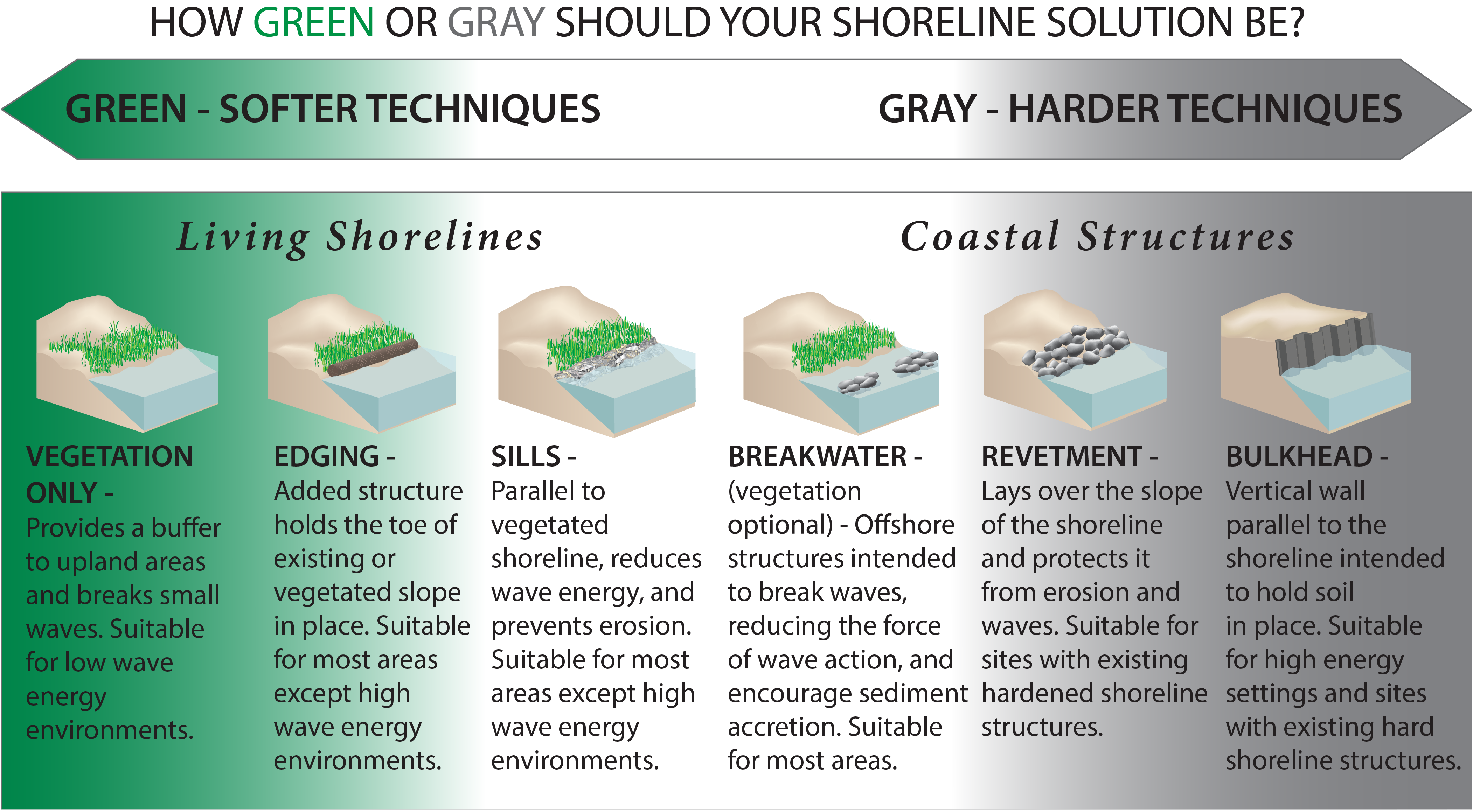The region must do its part to reduce the number of gas-powered vehicles, the leaders of Tampa, St. Petersburg, Clearwater and Largo agreed.
The mayors of St. Petersburg, Clearwater, Largo and Tampa talk about plans to prepare the Tampa Bay region for climate change during the Tampa Bay Regional Resiliency Leadership Summit on Wednesday. [ MARTHA ASENCIO-RHINE | Times ]
By Zachary T. Sampson on the Tampa Bay Times website
Published Apr. 6
ST. PETERSBURG — Four Tampa Bay mayors were asked Wednesday to explain how the region should respond to climate change.
They all talked about transportation.
“How many folks took the bus here today?” St. Petersburg Mayor Ken Welch asked a banquet hall full of planners, engineers and government staffers.
No one raised a hand.
“I didn’t either,” Welch said. Gas-powered cars, he noted, create fossil fuel emissions that heat the planet.
“It comes back to buildings and transportation,” said Clearwater Mayor Frank Hibbard. “That’s where we are creating the majority of our greenhouse gases.”
Tampa Mayor Jane Castor called for a culture shift. “Mass transit in Tampa is more than two people in an SUV,” she said. “We have got to change the mindset.”
Largo Mayor Woody Brown explained that it’s “hard to get people walking” in sprawling Pinellas County.
The discussion Wednesday on the second day of the Tampa Bay Regional Resiliency Leadership Summit highlighted how efforts to address climate change in Florida collide with other fundamental, hard-to-conquer issues.
The state is spending hundreds of millions of dollars to protect its shores from sea level rise through projects like raising seawalls and upgrading stormwater drains. But scientists say that work is not enough: People need to decrease their use of fossil fuels to reduce global warming.
That means reshaping the way people live in Tampa Bay, the mayors said.
One change could involve ceding some land that regularly floods because of sea level rise and future storms.
“There will be parts of the city long-term where we probably shouldn’t be rebuilding,” Welch said, noting that more than 40 percent of St. Petersburg falls within the Coastal High Hazard Area, which is at risk of flooding in Category 1 hurricanes.
Such concessions will not be easy, or necessarily common. Hibbard said the barrier islands of Clearwater are susceptible to flooding. But while Sand Key, Island Estates and Clearwater Beach only represent about 7 percent of the city’s territory, he said, they account for 40 percent of its tax revenue.
The mayors suggested improving the energy efficiency of public buildings, encouraging more solar energy projects and buying electric cars.
Though climate change is a global problem, its consequences are felt deeply at the community level. In the United States, city and county leaders have steered the response to challenges like sea level rise and extreme heat, especially in South Florida.
Castor mentioned plans to install solar panels on top of a new city services center and the convention center in Tampa. Brown said Largo’s police force has 56 hybrid vehicles.
But public transportation remains a major hurdle, Welch said.
Traffic backs up along the southbound lanes of Interstate 275 on the Howard Frankland Bridge. Mayors at the Tampa Bay Regional Resiliency Leadership Summit agreed Wednesday that transportation is key to any response to climate change. [ DOUGLAS CLIFFORD | Times ]
The region needs buses that can get people to their destinations within 15 minutes, including at night or on the weekend, he said. “Until we fund the basic bus service, we’re never going to catch up.”
Efforts to bring expanded bus systems and possibly rail to the bay area via 1-cent sales taxes failed in Pinellas and Hillsborough over the last decade. Pinellas voters rejected a tax in 2014; Hillsborough residents passed it in 2018, but the measure was struck down by the Florida Supreme Court last year.
CSX rail lines run across Pinellas, Hibbard said, and could carry additional passenger trains. Vacant industrial properties beside the tracks could provide more housing.
“We are going to need pockets of greater density and intensity so that transportation actually works,” he said. “Density in this state has been a dirty word since I moved here in 1979.”
After housing, transportation is often people’s biggest expense, Castor said. Making it easier to get around Tampa Bay could not only curb emissions, she said, but also make it more affordable to live here amid soaring rents and home prices.
But if local leaders want more money to fund public transit, Castor said, they need to do a better job of working together to attract state and federal money — like cities have done around Miami-Dade.
“We don’t do that here in the Tampa Bay region,” she said. The mayor later added:
“We have to look not only at the benefits of being Tampa Bay, but also the issues that we all face — because they are the same.”




